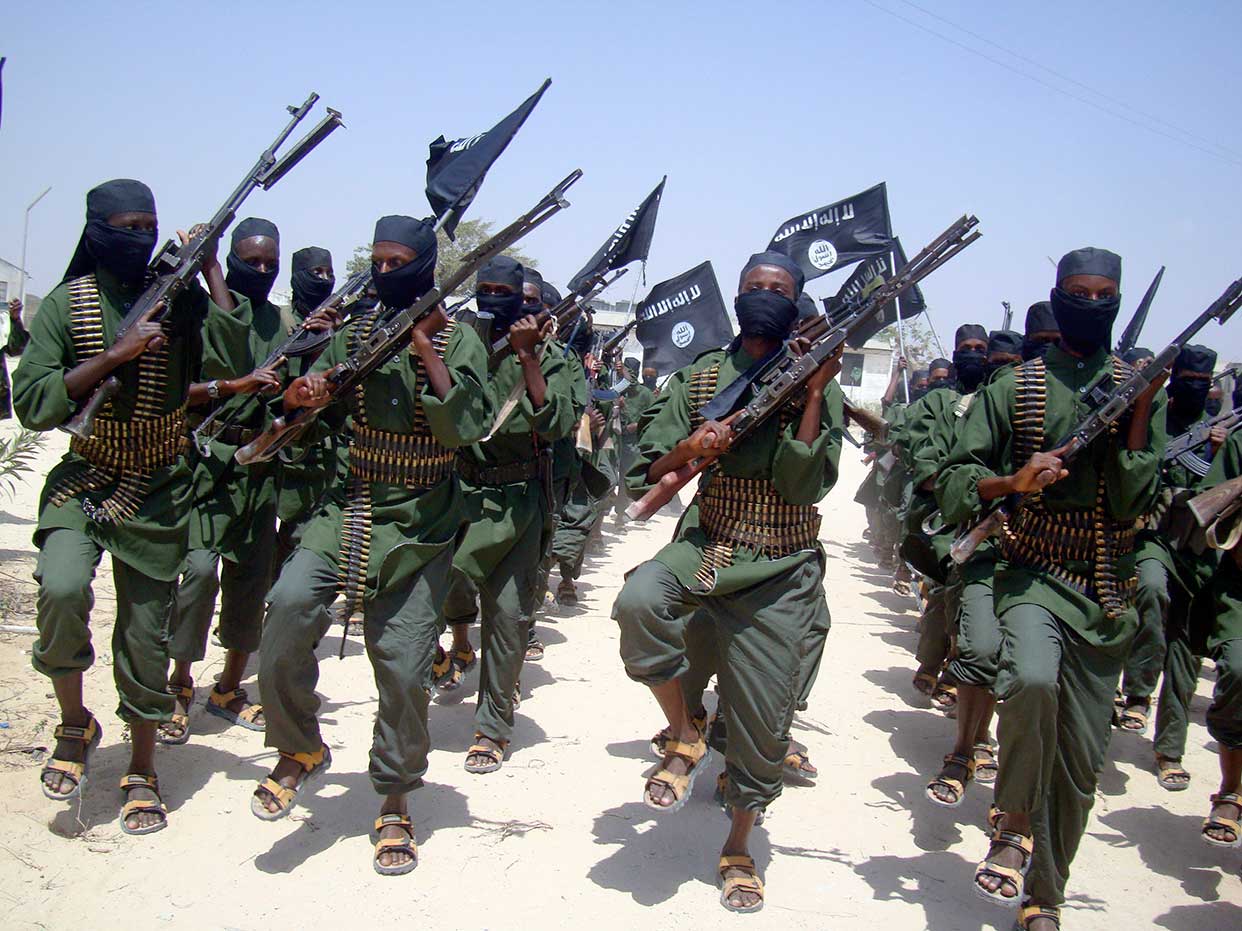Al-Shabaab terror group announces ban on plastic bags
Single-use bags ‘pose a threat to wellbeing of humans and animals’, says Islamist leader

A free daily email with the biggest news stories of the day – and the best features from TheWeek.com
You are now subscribed
Your newsletter sign-up was successful
Islamist militants will have to do their shopping with a bag for life in southern Somalia, where terror group al-Shabaab has banned single-use plastics.
The militia’s radio station, Radio Andalus, announced the ban in territories under its control on Sunday, according to journalist and homeland security expert Bridget Johnson, who broke the story for US-based news site PJ Media.
Quoting Mohammed Abu Abdullah, the group’s governor in the southern region of Jubaland, the station said that discarded plastic bags “pose a serious threat to the well-being of humans and animals alike”.
The Week
Escape your echo chamber. Get the facts behind the news, plus analysis from multiple perspectives.

Sign up for The Week's Free Newsletters
From our morning news briefing to a weekly Good News Newsletter, get the best of The Week delivered directly to your inbox.
From our morning news briefing to a weekly Good News Newsletter, get the best of The Week delivered directly to your inbox.
The sudden concern with human welfare may strike some as incongruous for a group that practises sexual slavery, targets civilians in terror attacks and uses children as young as eight as soldiers and suicide bombers.
But according to counterterror expert Raffaello Pantucci, the new direction makes sense.
“Other East African governments have banned plastic bags and this ban is al-Shabaab’s attempt to show their people that they too can implement laws and govern like any legitimate ruler,” Pantucci told HuffPost.
Al-Shabaab has also announced a ban on logging on indigenous land. This also has a tactical purpose, says Johnson, citing a Taliban tree-planting initiative in Afghanistan designed “to curry favour with the local populace”.
A free daily email with the biggest news stories of the day – and the best features from TheWeek.com
Although environmentally-friendly policies may be new terrain for the militants, blanket bans are far more familiar territory.
Plastic bags “join a long list of outlawed items in al-Shabaab controlled areas, including Western music, cinemas, satellite dishes, smartphones/fibre optic services and humanitarian agencies”, HuffPost reports.